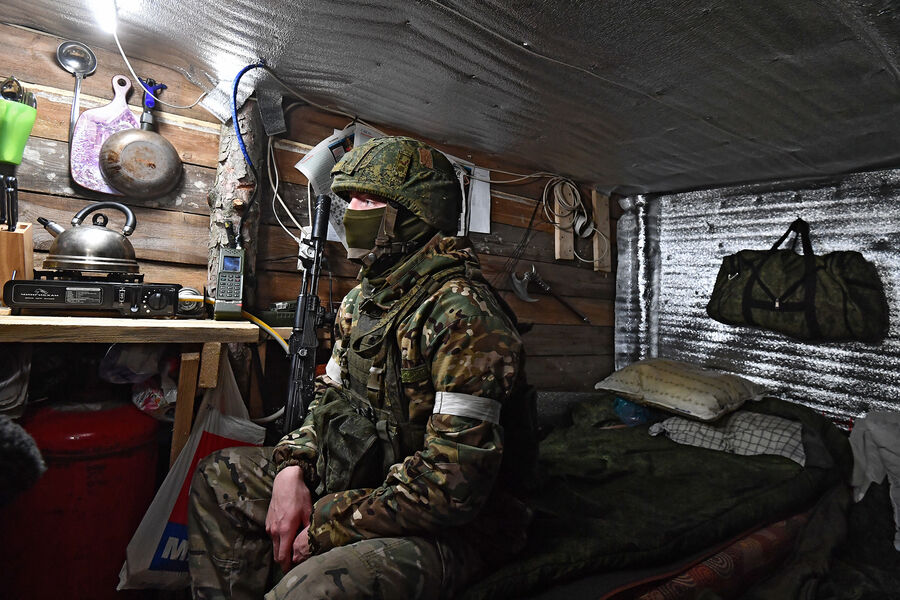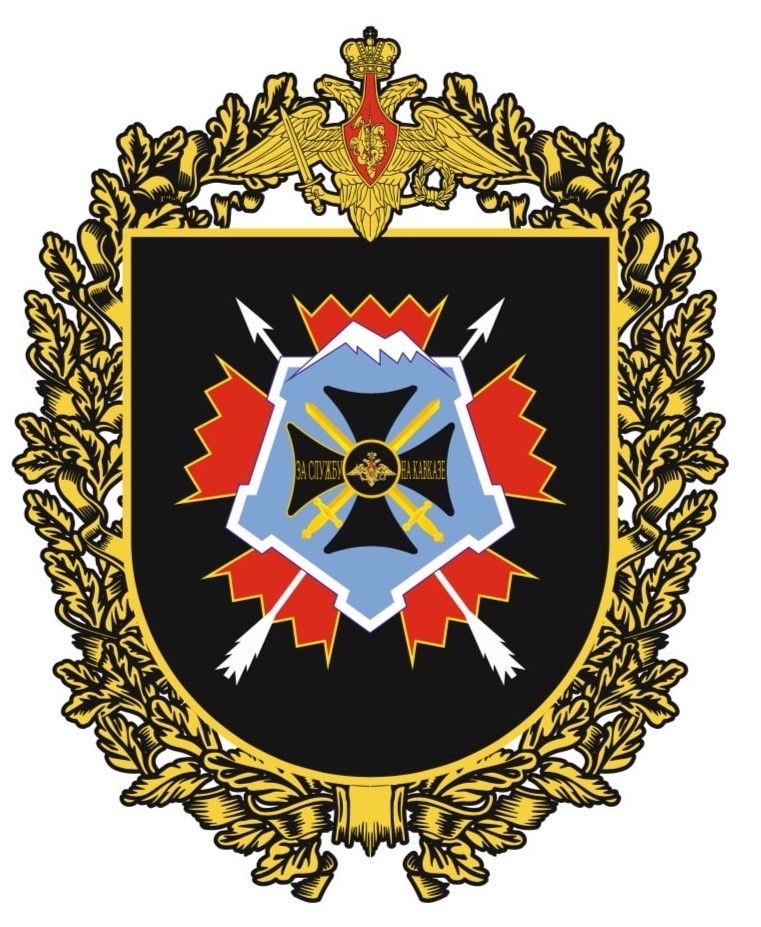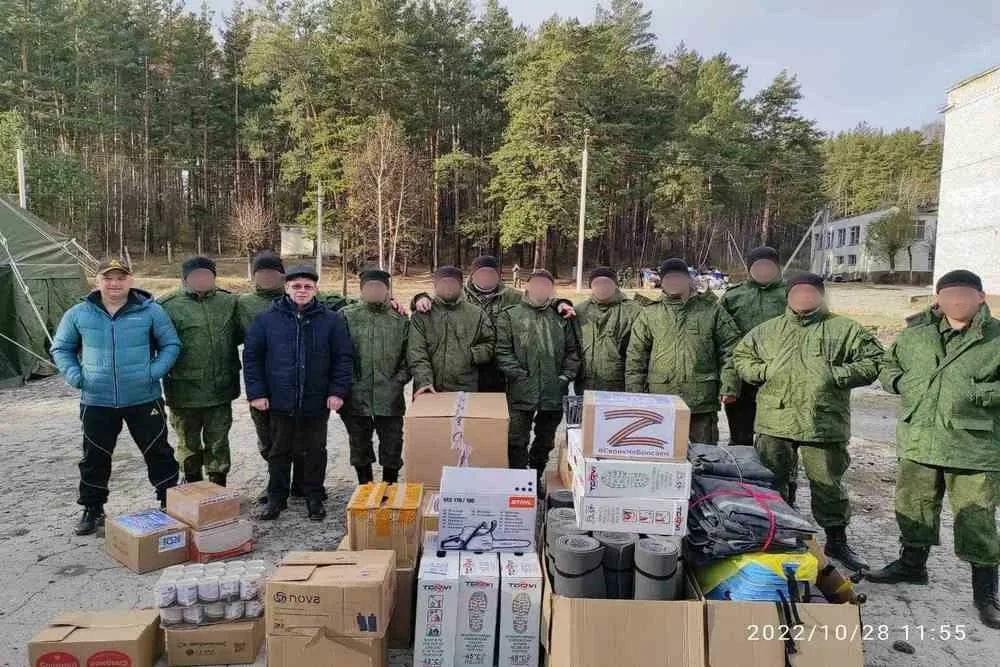1/ Mobilised men of the Russian 4th Guards Tank Division are sheltering in an abandoned house in Svatove without food or water after fleeing from the front line under intense Ukrainian fire that killed their commander. They are now being threatened with court martials. Thread ⬇️ 

2/ The independent Russian media outlet Novaya Gazeta Europe (NGE) reports that 27 survivors of the 6th and 7th companies of the 423rd Guards Yampolsky Motor Rifle Regiment are facing punishment for leaving the front line near Svatove in eastern Ukraine on 25 October.
3/ Three of the mens' wives have spoken to NGE about what has happened to them. Here's a translated summary.
4/ The men were mobilised in late September and sent to a training range at Naro-Fominsk, where they were told that they would stay for between two weeks and a month to receive training. However, they were sent within 3 days to a forest camp near Valuyki in Belgorod oblast.
5/ According to one wife, who visited the camp, "For the first two or three days they dug trenches. People lived in the camp, right under the open sky. I personally saw this camp, because I went there.
6/ There were tents with some kind of potbelly stoves, which, according to her husband, were full of holes. Some guys just spent the night in the open air, they didn't have tents."
7/ On 14 October, the newly mobilised men were sent to the front line, having received next to no training. One wife says, "they weren’t taught anything in the camp, they were taken to the firing range twice, and that’s all." They were armed only with automatic rifles.
8/ The men had mobilised willingly out of patriotism but their enthusiasm was likely dented when they learned that out of a previous group of 96 mobilised men sent from the camp on 7 October, only 20 had returned alive after Ukrainian shelling.
9/ The same thing happened to them when they reached the forest near Svatove on 15 October, where they immediately faced the grinding onslaught of the ongoing Ukrainian offensive. Many of their group were killed or wounded, including their two commanders.
10/ On 25 October, according to one wife, "they were shelled for 12 hours, my husband's company was all mobilised [men], they were lying there in some forest and did not raise their heads because of the shelling.
11/ "They were shelled with artillery and mortars, one of their commanders, also a mobilised man, was blown up in front of them, many had concussions and their eardrums were ruptured. Fortunately my husband is unharmed, alive."
12/ "The second commander had a broken rib and shrapnel wounds."
Another wife says that "for many hours they just lay on the ground and pretended to be dead for one simple reason: they had no other weapons besides submachine guns."
Another wife says that "for many hours they just lay on the ground and pretended to be dead for one simple reason: they had no other weapons besides submachine guns."
13/ And there were mortars against them, drones flew over them, if they had moved a finger, a drone would have come and destroyed them instantly."
One soldier told his wife, "Lena, we have been lying on the ground for half a day because drones and mortars are working."
One soldier told his wife, "Lena, we have been lying on the ground for half a day because drones and mortars are working."
14/ After "one commander was torn to pieces," the wounded other one gave the order to retreat when it got dark. The men returned to their base at Svatove but were told that they would not be allowed in, except for those who were wounded.
15/ It's unclear though whether the wounded have received medical treatment. According to one wife, "the wounded commander, unfortunately, has not yet been provided with proper medical care, they say that there is no equipment."
16/ The surviving unwounded men now "refuse to go back to the front line because they want to live. After they refused to return, they were offered new equipment, bulletproof vests, helmets – or a court martial."
17/ The men say that "General Lugovoi came to them and intimidated them with a term of five to seven years [of imprisonment] for desertion". One man contacted his wife on 26 October: "Wife, save us, we will be declared deserters. We are being court-martialed."
18/ "And now", one wife says, "they are in some abandoned house. Their bank cards are blocked, they are without a livelihood, without money, without food, without water. My husband told me that he had not eaten for several days, and we do not know what to do about it."
19/ Another wife says that they did manage to get some money to the men through an intermediary "at least for the guys to buy water and food. They had nothing left after the mortar shelling. One sleeping bag [between] all of them, and now it’s also cold."
20/ The men had left the recruiting office "smiling, in high spirits, hoping for victory. They used to say: "The Motherland has called us, so we have to go"."
Now, though, the wives say that the mobiks have undergone a radical shift in attitude.
Now, though, the wives say that the mobiks have undergone a radical shift in attitude.
21/ One wife says: "They are now saying that the Motherland is not helping in any way, that the people who command them consider them living meat.
The authorities have mobilised couch troops with no experience and thrown them into the meat grinder."
The authorities have mobilised couch troops with no experience and thrown them into the meat grinder."
22/ "My spouse said when he was leaving here that he would fall for Russia if necessary, he has never given up his homeland in his life. At the moment he has had a major change of outlook."
23/ "He told me: "I am ready to desert, let them put me in jail, but I will not go to the front line. It's a one-way ticket there.""
24/ Another wife says that her husband went "with his head proudly raised... to defend our homeland, and everything was fine until our homeland betrayed him and threw him under fire like cannon fodder. With nothing. He says he was disappointed in our state, in our army ..."
25/ And here, in fact, my husband's character is broken, that he flatly refutes everything he used to say."
26/ He and the other men say they would rather go to prison than back to the front line.
"This is his clear position now: "I'd rather be in jail than defend my state, which doesn't care about human lives.""
"This is his clear position now: "I'd rather be in jail than defend my state, which doesn't care about human lives.""
27/ The men's account closely matches those of other recently mobilised Russians whose stories have emerged of being sent to the front line unprepared and underequipped. (See below.) /end
https://twitter.com/wartranslated/status/1585342009878773760
Source:
novayagazeta.eu/articles/2022/…
novayagazeta.eu/articles/2022/…
Addendum: TV Rain has identified the "General Lugovoi" mentioned above as Major-General Vladimir Nikolayevich Lugovoi, Commander of the Western Military District for Military-Political Affairs. (In other words, the most senior political officer in the Western Military District.) 

More from Svatove:
https://twitter.com/ChrisO_wiki/status/1587882645874155521?s=20&t=u081Svj5xw77pZCbRVIkOQ
• • •
Missing some Tweet in this thread? You can try to
force a refresh











